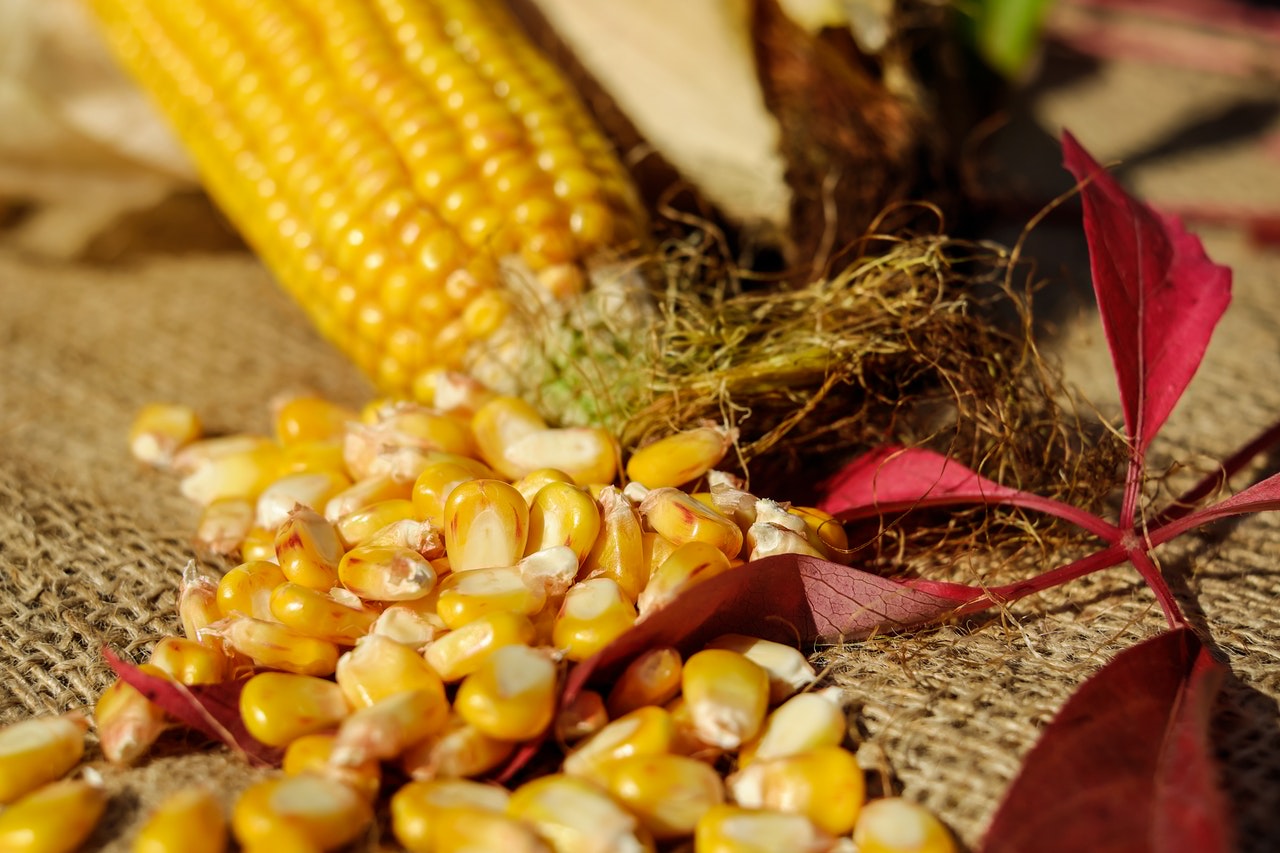Mexico’s Native Crops Hold Key to Food Security – Ecologist
Author: Sophie Hares| Published: June 13, 2017
Mexico’s ancient civilisations cultivated crops such as maize, tomatoes and chillies for thousands of years before the Spanish conquerors arrived – and now those native plants could hold the key to sustainable food production as climate change bites, said a leading ecologist.
José Sarukhán Kermez, who helped set up Mexico’s pioneering National Commission for the Knowledge and Use of Biodiversity (CONABIO) 25 years ago, said that analysing the genetic variability of traditional crops, and supporting the family farmers who grow most of the world’s food offered an alternative to industrial agriculture.
“We don’t need to manipulate hugely the genetic characteristics of these (crops)… because that biodiversity is there – you have to just select and use it with the knowledge of the people who have been doing that for thousands of years,” said Sarukhán, CONABIO’s national coordinator, in a telephone interview.
The emeritus professor and former rector of the National University of Mexico (UNAM) recently won the Tyler Prize for Environmental Achievement, often referred to as a “Nobel for the Environment”.
Making use of the knowledge held by indigenous groups is “absolutely essential”, Sarukhán told the Thomson Reuters Foundation.
That requires working with a wide range of people, from local cooks to small-scale farmers, especially in states like Oaxaca and Chiapas in the south of Mexico where indigenous farmers have a strong traditional culture, he said.
“They haven’t gone to university, and they don’t have a degree – but they damn well know how to do these things,” he said. For example, they discover and incorporate new knowledge as they exchange seeds with peers from different areas.
CONABIO is hoping to win some $5 million in funding from the Global Environment Facility for a five-year project worth more than $30 million to speed up research into indigenous crops.
The aim is to enrich the commission’s vast online database of biodiversity, with a view to influencing national agricultural policy, said Sarukhán.

